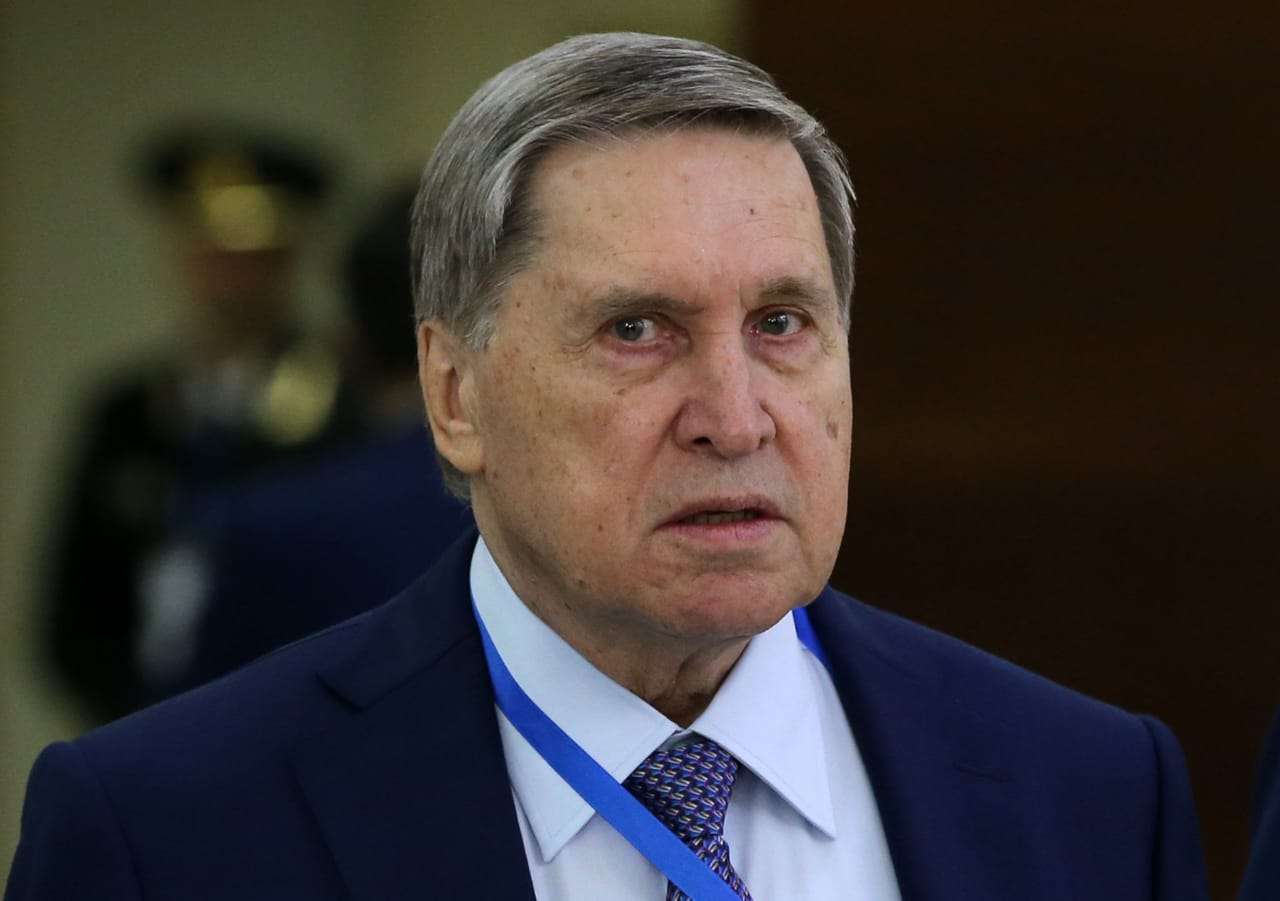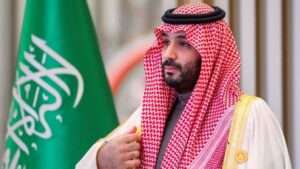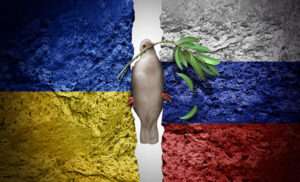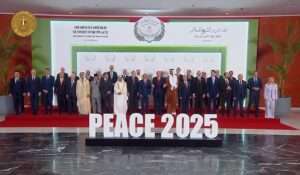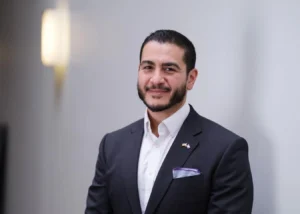By Nabimara Benson
In the frosty air of Anchorage, Alaska, on August 15, 2025, all eyes were on the historic summit between Russian President Vladimir Putin and U.S. President Donald Trump. But a few steps away from the spotlight, a lesser-known figure sat quietly, his presence steady and unassuming, yet his influence undeniable. Yuri Ushakov, Putin’s longtime foreign policy aide, is not a household name, but within the Kremlin’s labyrinthine corridors, he is a titan—a diplomat whose sharp mind and deep connections have shaped Russia’s global strategy for decades.
Born in 1947, Yuri Viktorovich Ushakov was forged in the crucible of Soviet diplomacy. A graduate of the elite Moscow State Institute of International Relations (MGIMO), he joined the Soviet Foreign Ministry in 1970, cutting his teeth on postings in Copenhagen and honing his craft in the ministry’s Scandinavian and General Secretariat departments. By the time he earned his Ph.D. on Northern European foreign policy, Ushakov was already marked as a rising star. His career trajectory took him to Washington, D.C., where he served as Russia’s ambassador from 1998 to 2008—a decade that gave him an intimate view of American politics and a Rolodex of contacts that would later prove invaluable.
Those who worked with him in Washington describe a man who listens more than he speaks, absorbing the nuances of U.S. policy with a precision that earned him the nickname “Putin’s America guru.” Toby Gati, a former Clinton administration official, once called him a “silent presence” at the table, feeding Putin critical insights during high-stakes talks. It’s a role Ushakov has played masterfully since 2012, when he became Putin’s foreign policy aide, a position that places him at the heart of Russia’s international maneuvering.
The Alaska summit was Ushakov’s stage, even if he stayed out of the headlines. As Putin and Trump discussed the Ukraine war and Arctic economic cooperation at Joint Base Elmendorf-Richardson, Ushakov was the architect behind the scenes. Pulling together such a meeting in just five days was no small feat, requiring delicate coordination and a deep understanding of both Russian and American priorities. Ushakov’s fingerprints were all over the preparations, from aligning talking points to ensuring the summit’s symbolic setting near the Bering Strait—a nod to the geographic closeness of the two powers—sent the right message.
He spoke sparingly to the press, but when he did, his words carried weight. Describing the talks as “businesslike,” Ushakov hinted at Russia’s offer to the U.S., leaving reporters guessing about the details. His dismissal of trilateral talks with Ukraine’s Volodymyr Zelenskyy was classic Ushakov: firm, measured, and aligned with the Kremlin’s insistence on a deal that serves Russia’s interests first. His long-standing ties in Washington, built over years of quiet diplomacy, gave him the leverage to navigate these choppy waters.
Ushakov’s career hasn’t always leaned toward confrontation. In the 1990s, under Boris Yeltsin, he championed a state-controlled market economy to woo Western investors. Even after returning to Moscow in 2008 as deputy chief of government staff, he maintained good relations with Europe. But the 2011 Russian election protests, which the Kremlin blamed on Western meddling, hardened his outlook. By the time he joined Putin’s inner circle, Ushakov had embraced the Kremlin’s narrative of a hostile West, becoming a key voice in Russia’s pivot toward defiance.
Yet his diplomatic reach extends far beyond the West. Ushakov has been a fixture at summits on BRICS, the Middle East, and Africa, often speaking for Russia at global forums. In 2019, he helped unveil a Russia-China “global partnership” declaration, cementing ties with Beijing. In 2023, he orchestrated the participation of 49 African nations at the Russia-Africa Summit in St. Petersburg, a coup for Russia’s influence in the Global South. When the Ukraine war erupted in 2022, Ushakov was back in the fray, leading talks with U.S. officials like Secretary of State Marco Rubio and rejecting short-term ceasefires in favor of a broader settlement.
At 78, Ushakov cuts a low-profile figure. Married with a daughter, he reported a modest income of 8.7 million rubles in 2018, a far cry from the oligarchs who dominate Russia’s elite. But his influence is anything but modest. Colleagues describe him as a “green diplomat”—a nod to his understated style and ability to blend into the background while steering the conversation. Whether negotiating with Washington or rallying BRICS allies, Ushakov is Putin’s go-to for the toughest briefs, a man who paves the way for Russia’s ambitions with equal parts caution and resolve.
In Anchorage, as Putin and Trump shook hands, Ushakov sat nearby, watching, listening, and planning the next move. The world may not know his name, but in the game of global diplomacy, Yuri Ushakov is Russia’s quiet power broker, shaping the Kremlin’s path through a turbulent world.

